Just like the human population, allergies feline symptoms appear to be on the rise. Allergic reactions in pets are often characterized by skin problems where a cat itches and scratches constantly sometimes even leading to loss of hair. The most common allergies feline may experience is food allergies. An allergic food reaction occurs when a number of ingredients in a pets food is perceived to be foreign by the pets immune system and this in turn initiates an inflammatory mechanism to fight off this perceived intruder. The common symptoms associated with food allergies are itching, chewing and licking. The skins food hypersensitivity also causes skin problems with some pets experiencing diarrhea and other digestive problems as well. Interestingly, some allergies feline experience may start after a pet has started on a new diet or even after the pet has been eating the same food type for years.
How though do you diagnose a food allergy, especially when your feline has been on the same diet for years and starts experiencing some strange itching and inflammation for no apparent reason? The best way for allergies feline diagnosis is to put the pet on what is called an exclusion diet. Think of it as a special diet for pets for a minimum of 8-12 weeks. Such a diet will usually contain ingredients that the animal has previously not been exposed. What is for anyway? This exposes the animal to proteins that are normally not found in regular pet food and since most allergic feline reactions are due to a protein source, such a diet will usually show significant symptom reduction if your pet food is allergic. To identify the food allergens, add single proteins at a time for 1-2 weeks and watch out for worsening or recurrence of symptoms. Once you've identified the offender remove it from the diet. A veterinarian will usually come in handy to show you how to go about with these food procedures.
Food allergies feline may experience can either develop after eating certain food products for a long time or they may be born with it. Other symptoms not mentioned that may result from an allergic good reaction are digestive disorders, respiratory distress and itching. The above symptoms are also treated using the same exclusion diet mentioned earlier. In some cases, a veterinarian may prescribe antihistamines and steroids to your pet. Thus, before starting out on an exclusion diet make sure to consult a veterinarian.

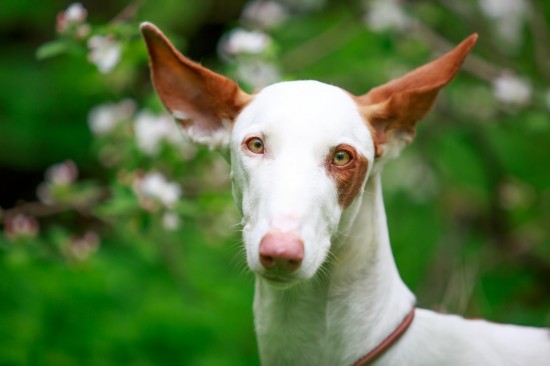 10 Very Unique Dog Breeds You May Not Know About
10 Very Unique Dog Breeds You May Not Know About
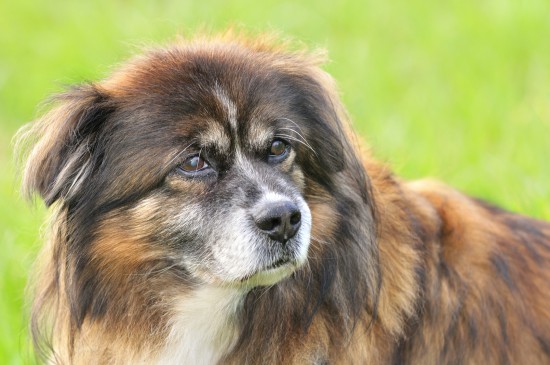 How To Estimate The Age Of A Dog With An Unknown History
How To Estimate The Age Of A Dog With An Unknown History
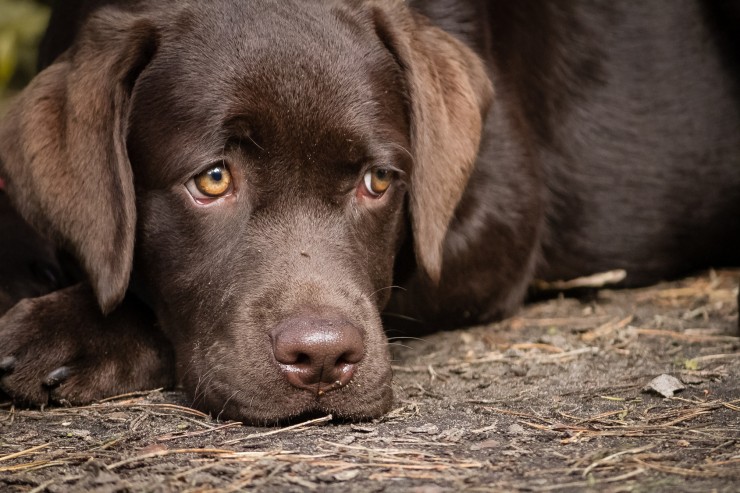 How To Tell When The Right Decision For Your Dog Is Rehoming
How To Tell When The Right Decision For Your Dog Is Rehoming
 Why Is My Puppy Sneezing ?
Why Is My Puppy Sneezing ?
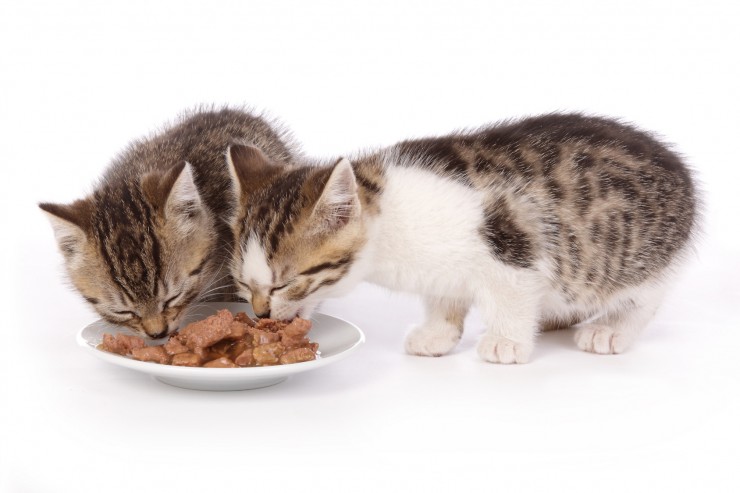 If You Are Planning To Breed From Your Cat Or Have Already Done So And The Time For Weani
If You Are Planning To Breed From Your Cat Or Have Already Done So And The Time For Weani
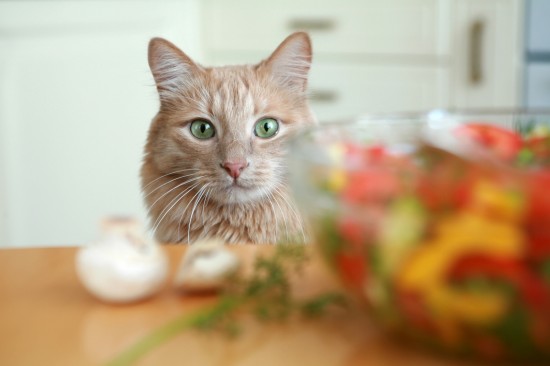 Can Cats Be Fed A Vegan Diet?
Can Cats Be Fed A Vegan Diet?
 All About Toy Dog Breeds
All About Toy Dog
All About Toy Dog Breeds
All About Toy Dog
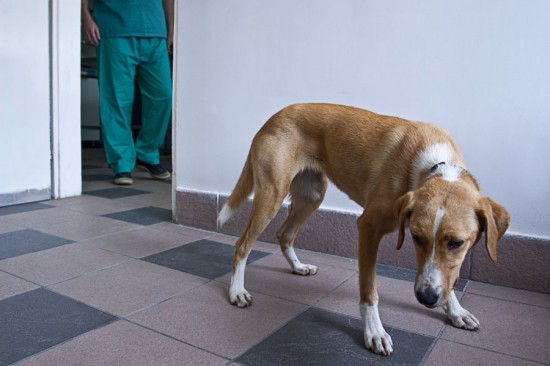 Benefits Of Neutering Your Pet
Benefits Of Neute
Benefits Of Neutering Your Pet
Benefits Of Neute
 The Different Puppy Personalities In Each Litter
The Different Pup
The Different Puppy Personalities In Each Litter
The Different Pup
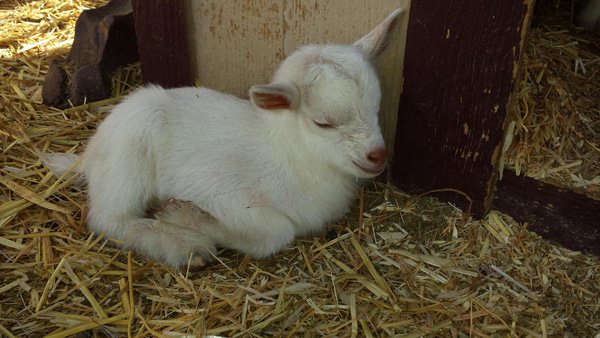 Finest Cool Leather Dog Collars
Finest Cool Leather Dog Collars
The concept of
Finest Cool Leather Dog Collars
Finest Cool Leather Dog Collars
The concept of
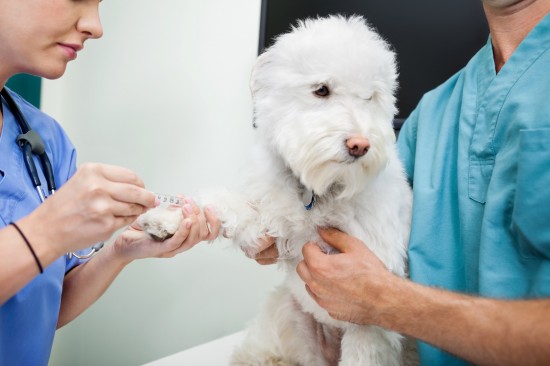 Have You Thought About Your Dog Donating Blood?
Have You Thought
Have You Thought About Your Dog Donating Blood?
Have You Thought